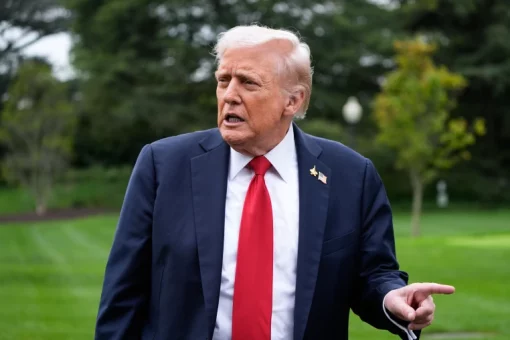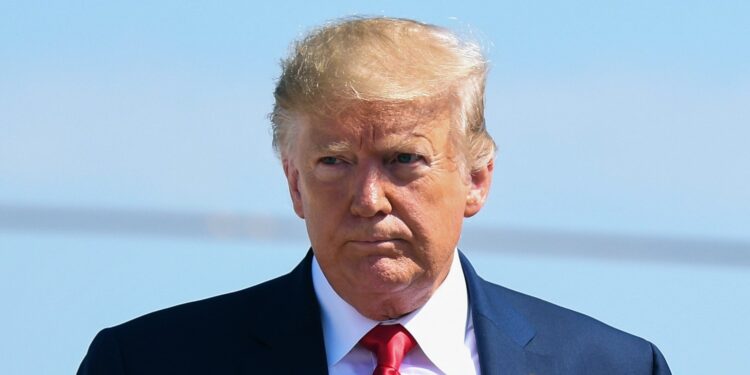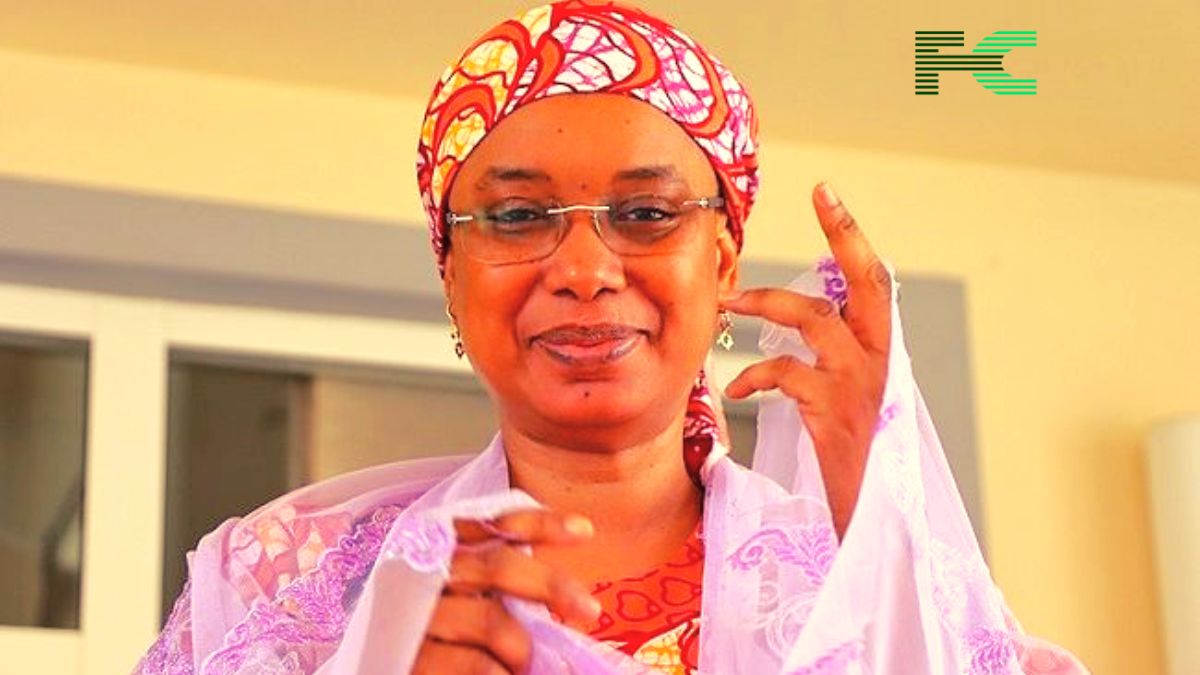The White House was thrown into fresh controversy on Monday after President Donald Trump granted pardons to Rudy Giuliani, Sidney Powell, and more than seventy others linked to efforts to overturn his 2020 election defeat.
The move, described by Trump as an attempt to heal the nation has instead sparked outrage across the political divide, deepening debates about power, loyalty, and justice in America.
A President Pardons His Inner Circle
Trump’s latest wave of pardons includes key figures who stood by him during the heated months following the 2020 election. Giuliani, his longtime lawyer and close ally, had been accused of spreading false claims about election fraud. Powell, who became known for her “Kraken” lawsuits, also faced federal scrutiny.

In a proclamation signed last Friday, Trump said the decision was meant to end what he called “a grave national injustice” and push for “national reconciliation.” But many critics say this was less about unity and more about rewarding loyalty.
Pardons That Don’t Cover Everything
The pardons, which total at least seventy-seven individuals only apply to federal cases. That means any ongoing investigations or prosecutions in states like Georgia, Arizona, or Michigan will continue. Legal experts have already pointed out that the move does not shield Giuliani or others from state-level indictments.
Trump himself is not listed among those pardoned. But the decision comes as several state courts still review cases tied to the same election dispute that nearly tore the country apart five years ago.
Political Reaction Divided
Reactions to the sweeping pardons have been swift. White House spokeswoman Karoline Leavitt defended the president’s decision, insisting that challenging an election is “a cornerstone of democracy.”
Democrats, however, argue that Trump is rewriting history and excusing dangerous behavior that undermined public trust. “These pardons send a terrible message that loyalty to Trump matters more than the rule of law,” one senator said in response.
Republicans remain divided. While Trump loyalists hail the move as an act of courage and forgiveness, others worry it reopens old wounds just as the country tries to move on from the chaos of 2020.
Giuliani’s Redemption or Reward?
For Giuliani, the pardon marks a major personal victory after years of public disgrace and legal trouble. Once celebrated as “America’s Mayor,” his reputation took a hit after pushing election fraud claims that courts repeatedly dismissed.
Now, his freedom has revived old debates about accountability and loyalty in politics. Many Americans are questioning whether this is redemption or simply a political favor disguised as justice.
A Familiar Pattern
This isn’t the first time Trump has used presidential power to defend his allies. From his first term to his return to office, he has consistently relied on the pardon system to protect loyalists caught in legal trouble.
Supporters argue it shows his determination to stand by those who stood by him. Critics, however, see it as proof that he’s turning the presidency into a shield for political allies.
America’s Trust in Justice Tested Again
The Giuliani pardon and others connected to the 2020 election will likely dominate American politics for weeks. For many citizens, it’s not just about Trump or Giuliani, it’s about whether justice in America can still be trusted when politics gets involved.
While Trump insists he is “restoring fairness,” his opponents see the opposite: a powerful man rewriting history and clearing his circle of wrongdoing.
And as Giuliani walks free once more, will this chapter help America heal or reopen the wounds that began with the 2020 election.

















